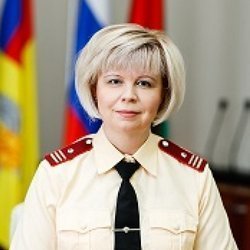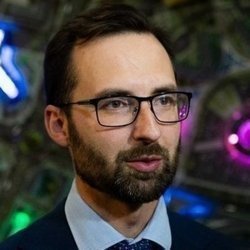Tatarstan’s consumer protection watchdog: ‘Nowadays the measures to close the region aren’t so topical, on the contrary...’
Russian Health Care Ministry: the minister’s statements about restrictive measures are “out of context”
Minister of Health Care Mikhail Murashko made a headline-making statement at Medicine and Quality conference on 7 December — he said it was necessary to consider restricting mobility between regions.
“The second wave shows us that the outbreaks in the country also probably require considering certain limitation on natural persons’ mobility, including between regions as well as in regions at times to prevent the infection from spreading,” federal mass media cite the minister’s words.
Murashko added that it would be necessary. “Unless we learn how to actively manage [the epidemiological situation] pharmaceutically”.
However, the Ministry of Health replied the minister’s words were “out of context”. Aide to the minister of health care Alexey Kuznetsov added that the Ministry of Health Care didn’t offer imposing additional restrictions on citizens’ mobility in Russia. According to Kuznetsov, Murashko was talking restrictive measures in his report “in a review of the measures that had previously been used around the world and might be used to manage infectious processes”.
After the cancellation of strict restrictive measures that were taken across Russia at the beginning of the pandemic, federal authorities repeatedly stressed they didn’t intend imposing a new lockdown. President of the country Vladimir Putin particularly has voiced this many times — the last time was last week. According to him, the measures taken by the authorities turned out to be effective and timely.
Tatarstan isn’t discussing measures to close the region
Representatives of the Tatarstan Ministry of Health Care and the regional office of Russia’s consumer rights protection watchdog expressed an analogous position on 7 December. Vice Health Minister of Tatarstan and Director of Kazan’s Health Care Office Vladimir Zhavoronkov said that despite relatively big growth of cases (by 0,8% by the end of the week), the situation today is stable. “This is why we can’t say the situation has worsened that can provoke some actions [on restrictions],” he added.
Vice head of the regional office of the watchdog in Tatarstan Lyubov Avdonina gave us the same answer.

Nevertheless, the journalists had a lot of questions about the necessity, as Murashko said, “to influence the epidemiological situation pharmaceutically”, that’s to say, when mass vaccination becomes possible. We should remind you that now Tatarstan has received a thousand doses of Sputnik V vaccine for doctors and social workers, another 3,700 doses are expected. “The vaccination is carried out this way now, it won’t influence the situation in general because we are vaccinating quite a small number of people at the moment,” noted Avdonina.
Moreover, trials of EpiVacCorona vaccine on 650 volunteers are being held in the republic, the scale of these trials will grow too. “The contingent and risk group will also be defined from the beginning of the year, the scale of the vaccination will increase,” Avdonina said.
Representatives of the Ministry of Health Care and the watchdog don’t say when mass vaccination will kick off.
